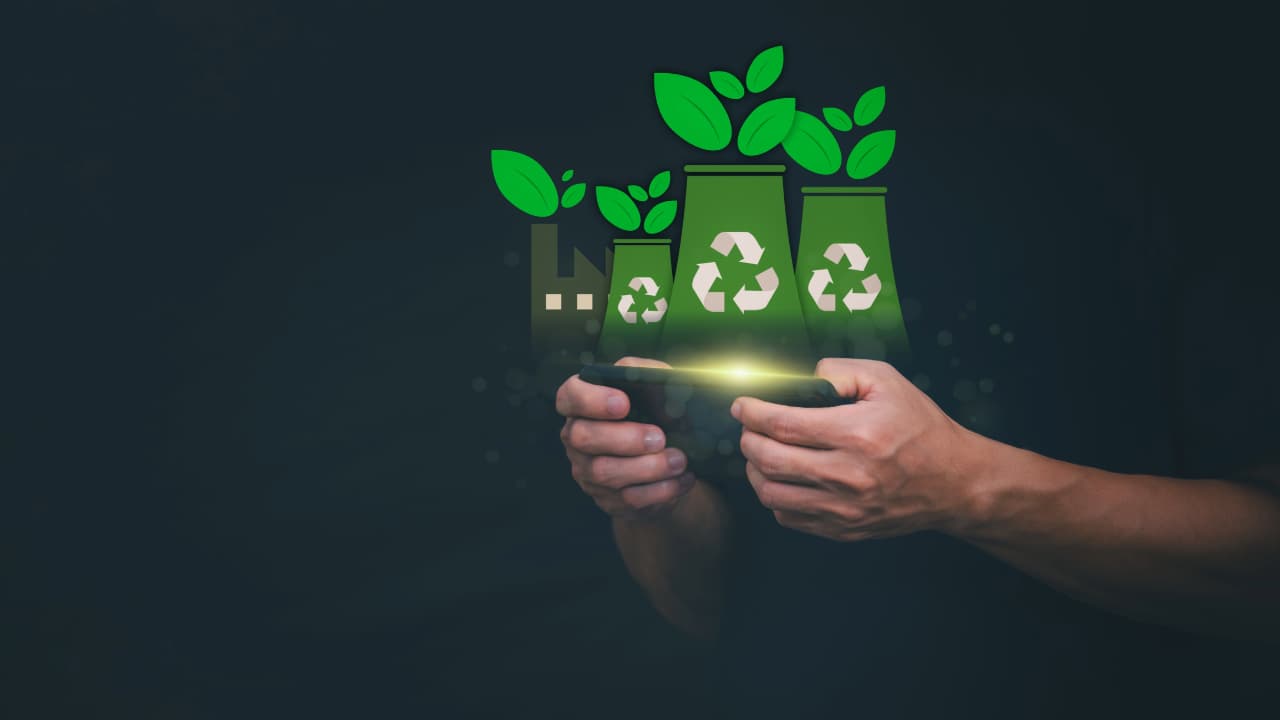Bio-tar, once seen as toxic waste, could soon fuel clean energy’s future. A new study shows it can be transformed into high-value bio-carbon for use in water purification, energy storage, and eco-friendly fuels. Let’s read more.
When organic materials such as crop leftovers, wood, or plant waste are heated to create renewable energy and biochar, they also produce a thick, sticky liquid known as bio-tar. For decades, this tar has been seen as a major issue, as it can block equipment, damage machinery, and pose health risks if released into the air. However, new research suggests that this problematic byproduct from clean energy production might soon become a useful new material. This study was published in Biochar.
Researchers from the Chinese Academy of Agricultural Sciences believe that bio-tar should not be considered waste at all. Instead, they propose that it can be transformed into a valuable new material called bio-carbon.
Senior author of the study, Dr Zonglu Yao, says, “Our review highlights how turning bio-tar into bio-carbon not only solves a technical problem for the bioenergy industry, but also opens the door to producing advanced carbon materials with high economic value.”
The study discusses how bio-tar naturally contains chemicals like carbonyls and furan, which can link together to form larger carbon structures through a process known as polymerisation. By modifying the temperature, reaction time, and adding other substances, scientists can control this process to create various types of bio-carbon.
How Can It Be Used
The bio-carbon produced through this method typically has more carbon, less ash, and unique structures that make it suitable for advanced applications. According to the study, bio-carbon could be used in several innovative ways:
• Cleaning polluted water and air by absorbing heavy metals and other harmful substances
• Storing renewable energy as part of next-generation supercapacitors
• Enhancing chemical reactions in industries using more eco-friendly methods
• Serving as a cleaner fuel that produces fewer harmful emissions compared to coal or oil.
Early studies suggest that converting bio-tar into bio-carbon could be beneficial for the environment, supercapacitors. For instance, using bio-carbon instead of coal could reduce global carbon emissions by hundreds of millions of tonnes annually. This practice might also offer financial benefits to companies that process plant waste.
The Challenges
However, there are still challenges. Bio-tar is chemically complex, making it difficult to fully control the reactions needed to produce high-quality bio-carbon. Large-scale production has not yet been achieved. To address these challenges, the researchers recommend leveraging computer simulations and supercapacitors. This approach could help them better understand the reactions and design bio-carbon materials tailored for specific applications.
Though more studies are required, this research provides a promising path to turning one of the biggest challenges in bioenergy into a powerful tool for a cleaner, greener future.
